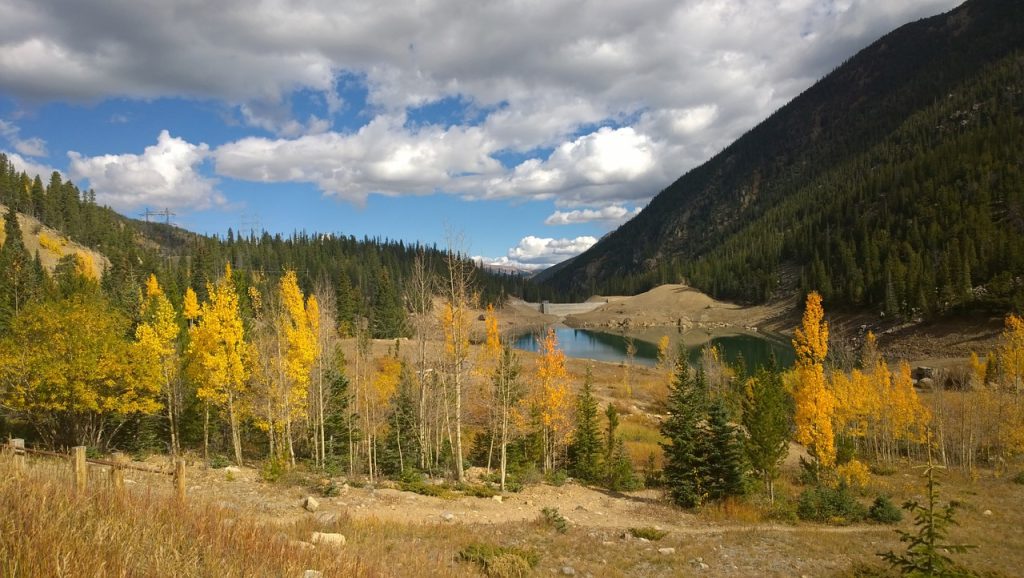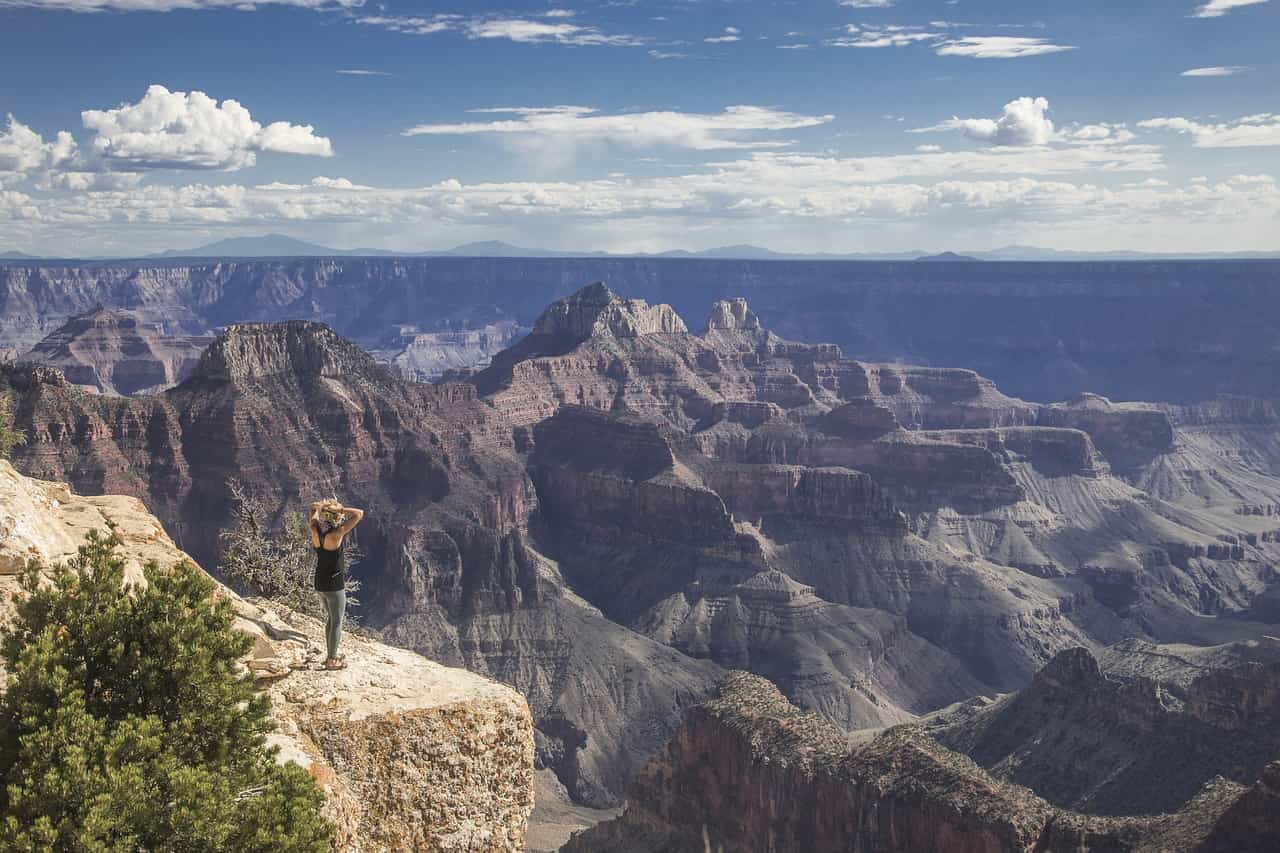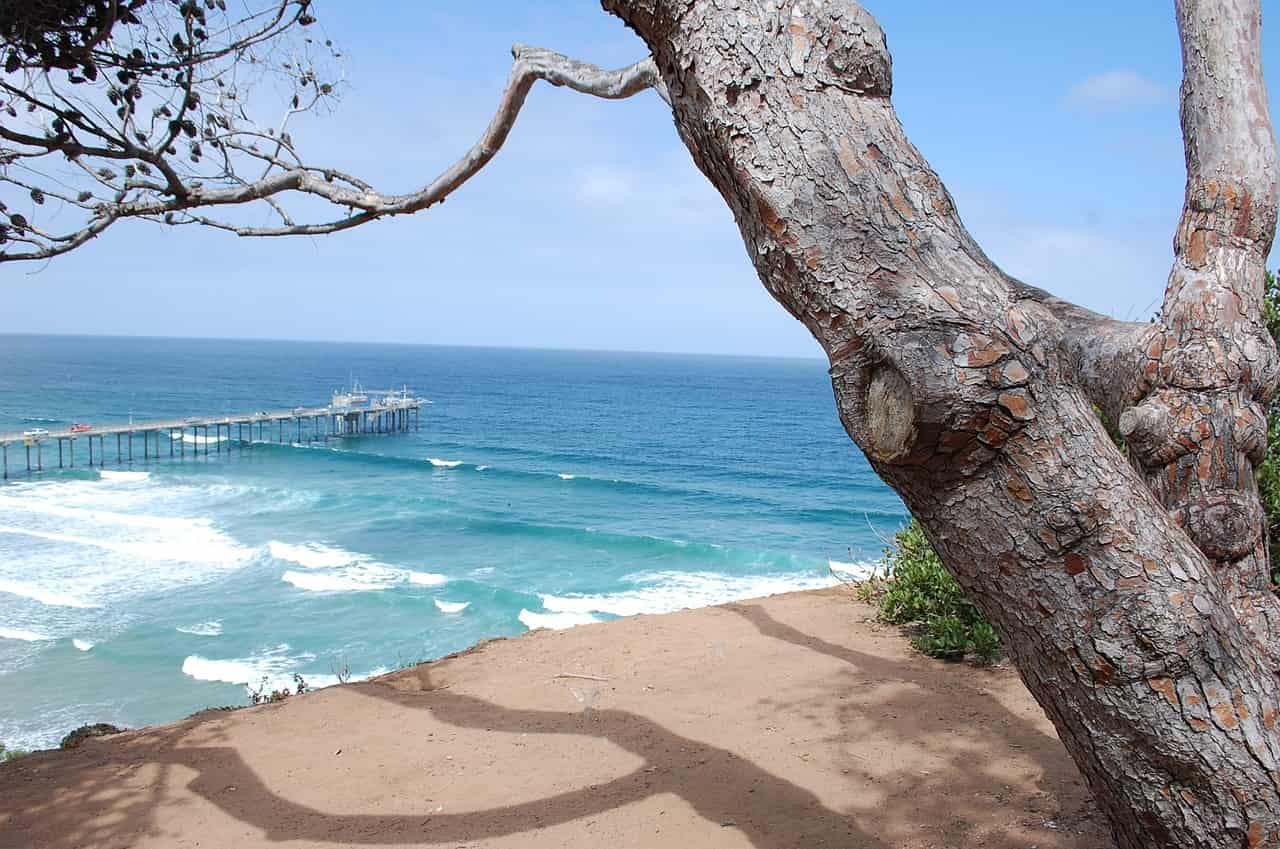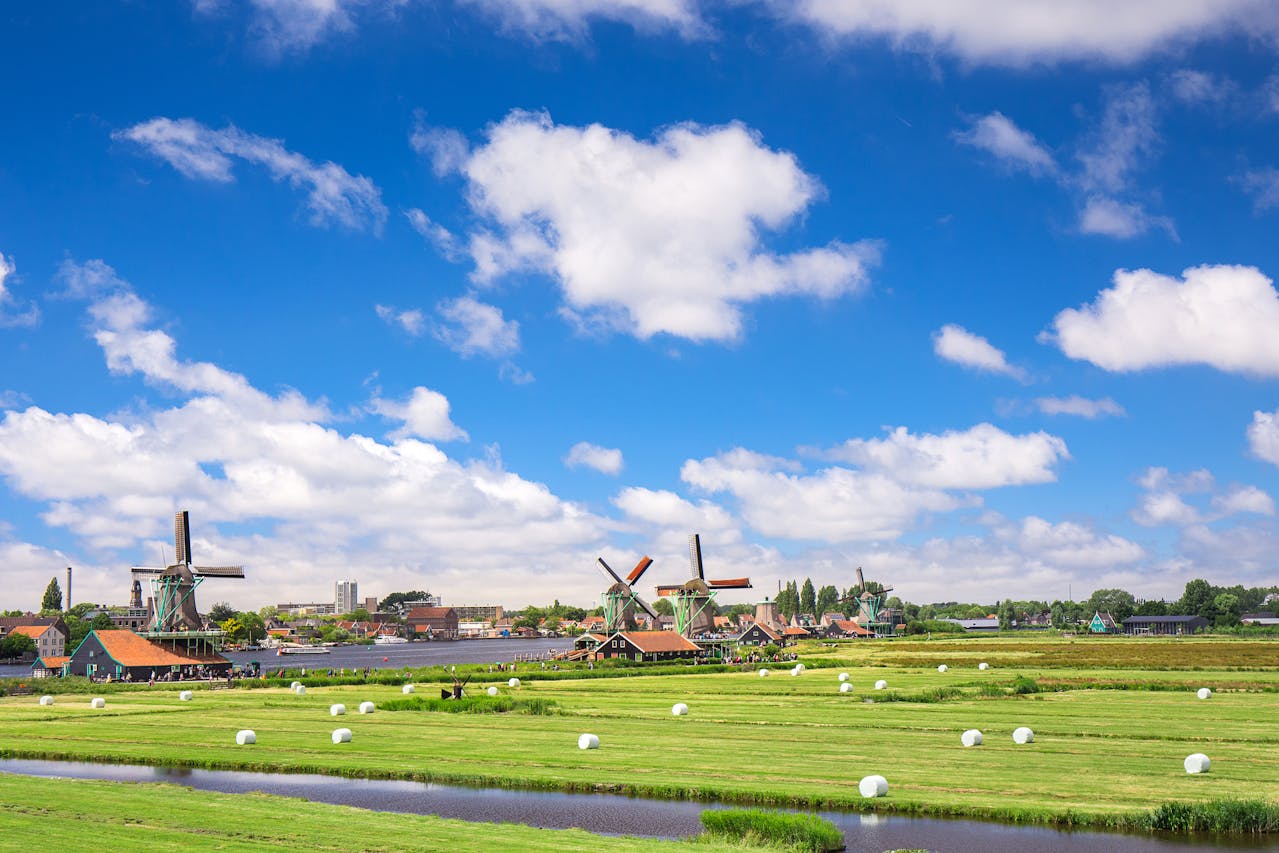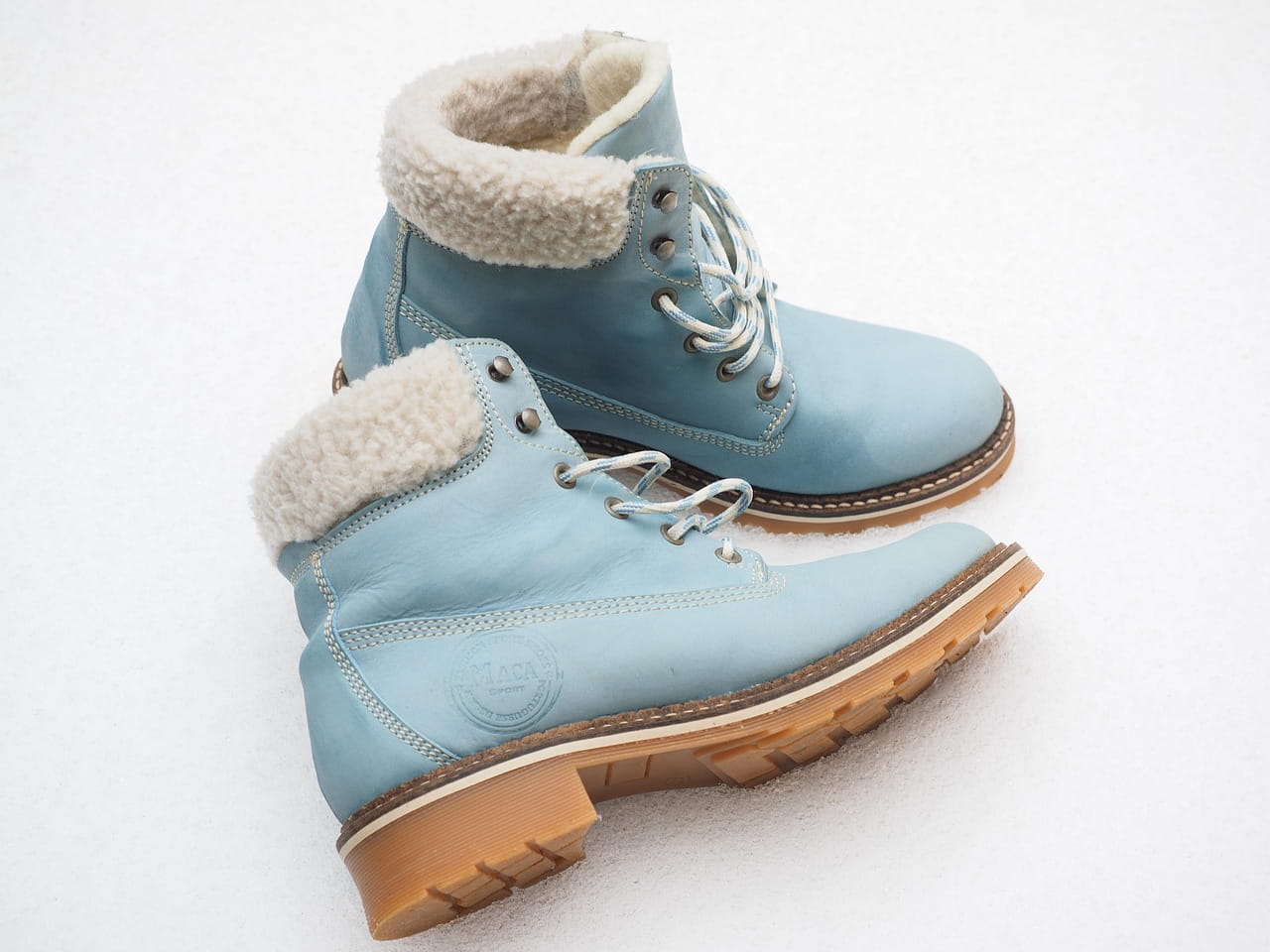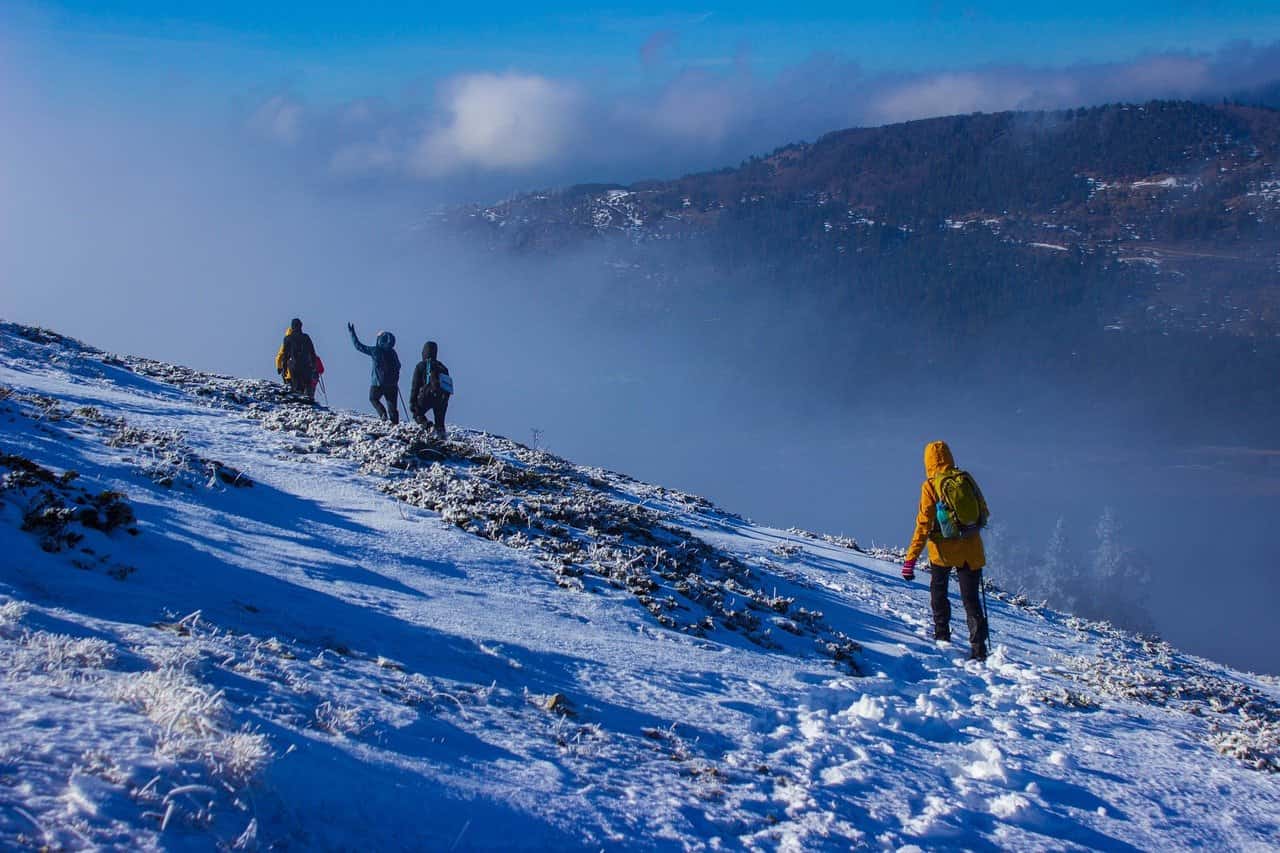Denver, Colorado, known for its breathtaking mountain views and outdoor activities, is a haven for hiking enthusiasts. With a variety of trails just a short drive from the city, residents and visitors alike can escape into nature without spending hours on the road.
Whether you’re looking for a quick morning hike or a full-day adventure, Denver has something for everyone. In this guide, we’ll explore some of the best hikes within one hour of Denver, offering a mix of challenging climbs and easy strolls that cater to all levels of hikers.
Why Explore Hiking Trails Near Denver?
With the Rocky Mountains just a stone’s throw away, Denver offers incredible access to a diverse range of hiking opportunities. The best hikes within one hour of Denver showcase everything from scenic lakes and forests to panoramic mountain views. These trails are ideal for Denver day hikes, making it easy for both locals and tourists to enjoy Colorado’s natural beauty in just a few hours.
Whether you’re looking for a quick getaway or an exhilarating weekend adventure, the following trails offer one-hour hikes from Denver that are both accessible and unforgettable.
Top Hiking Trails Close to Denver
1. Mount Falcon Park
- Distance: 2.2 miles (Castle Trail)
- Difficulty: Moderate
- Highlights: Panoramic city views, historic ruins
Located about 30 minutes from downtown, Mount Falcon Park is a popular choice for those seeking an easy yet rewarding hike. The park offers multiple trails with varying levels of difficulty.
The Castle Trail is a local favorite, featuring spectacular views of downtown Denver and Red Rocks Amphitheater. With options for short and longer hikes, this is one of the top trails near Denver that provides something for everyone.
2. St. Mary’s Glacier
- Distance: 1.9 miles
- Difficulty: Moderate
- Highlights: Glacier, alpine lake, year-round snow
For those who love alpine scenery, St. Mary’s Glacier is a must-visit. About an hour’s drive from Denver, this trail leads to a stunning glacier and a pristine alpine lake. Although short, the hike’s elevation gain can be challenging, especially for beginners, but the views make it well worth the effort.
3. Waterton Canyon
- Distance: 6.2 miles
- Difficulty: Easy
- Highlights: River views, wildlife sightings, family-friendly
If you’re looking for a relaxing hike with plenty of wildlife, Waterton Canyon is a great option. Just 40 minutes from downtown Denver, this flat, wide trail follows the South Platte River. It’s perfect for those seeking a more leisurely experience or families with young children. Keep an eye out for bighorn sheep, a common sight in the area.
4. Bear Creek Trail
- Distance: 1.6 miles
- Difficulty: Easy
- Highlights: Creekside walk, shady trail
Nestled in Lair o’ the Bear Park, the Bear Creek Trail is a serene escape close to the city. This relatively easy hike follows Bear Creek and offers lush greenery, shaded areas, and plenty of opportunities for a relaxing nature walk. It’s perfect for beginners or those looking for a quiet hike close to Denver.
5. Bear Peak
- Distance: 5.7 miles
- Difficulty: Difficult
- Highlights: Summit views, challenging climb
For those seeking more of a challenge, Bear Peak delivers. Located in Boulder, just under an hour from Denver, this hike offers a steep climb with rewarding summit views of the Flatirons and beyond. The elevation gain makes it a tough hike, but the panoramic vistas from the top are worth every step.
6. Clear Creek Trail
- Distance: 2.6 miles
- Difficulty: Easy
- Highlights: Creekside views, town access
Running through the city of Golden, the Clear Creek Trail is perfect for a more urban hiking experience. Despite its proximity to the town, the trail provides beautiful creek views, and it’s a great spot for a quick afternoon stroll. It’s also one of the easiest trails near Denver, making it accessible for all ages and skill levels.
7. Castlewood Canyon State Park
- Distance: 2.0 miles (Lake Gulch Trail)
- Difficulty: Moderate
- Highlights: Waterfalls, rock formations, historic dam
A hidden gem, Castlewood Canyon State Park is located just 45 minutes from Denver and offers a variety of hiking trails, all within a scenic canyon. With stunning rock formations, waterfalls, and historic ruins, this park is an outdoor enthusiast’s dream. The Lake Gulch Trail is one of the park’s most popular hikes, showcasing the best of the area’s natural beauty.
8. Chautauqua Trail
- Distance: 3.6 miles
- Difficulty: Moderate
- Highlights: Flatiron views, historic park
Located in Boulder, the Chautauqua Trail is a gateway to some of the best nature trails near Denver. The trail starts at the historic Chautauqua Park and offers stunning views of the Flatirons. It’s a great hike for those looking for a shorter, more manageable challenge with easy access from the city.
9. Evergreen Lake Trail
- Distance: 1.3 miles
- Difficulty: Easy
- Highlights: Lake views, family-friendly
For an easy, family-friendly hike, head to Evergreen Lake. This trail loops around the picturesque lake and is perfect for those looking for a short but scenic escape from the city. The trail is mostly flat and suitable for all skill levels, making it one of the best easy-access hikes from Denver.
10. Green Mountain Trail
- Distance: 6.5 miles
- Difficulty: Moderate
- Highlights: City and mountain views, moderate climb
Just 20 minutes from downtown, Green Mountain in Lakewood offers a quick escape into nature. The trail leads to the top of William Frederick Hayden Park, where hikers are rewarded with panoramic views of the Front Range and the Denver skyline. It’s one of the best quick hikes near the city, perfect for a before- or after-work adventure.
Best Time to Hike
Denver’s proximity to the Rocky Mountains means that the hiking experience can vary greatly depending on the time of year. Each season brings its unique beauty and challenges, so it’s important to plan accordingly. Here’s a breakdown of what to expect when hiking in Denver throughout the year:
Summer
Summer is one of the most popular seasons for hiking near Denver, thanks to warm temperatures and long days. Trails are generally snow-free, making it an ideal time to explore higher elevations like St. Mary’s Glacier or tackle more challenging hikes such as Bear Peak.
- Temperature: Warm, ranging from 70–90°F
- Benefits: Snow-free trails, long daylight hours, alpine wildflowers in bloom
- Challenges: Crowds on popular trails, thunderstorms in the afternoon
- Tips: Start early to avoid heat and afternoon storms, and bring plenty of water and sunscreen.
Fall
Fall in Denver offers cooler temperatures and stunning autumn foliage. The trails become less crowded, and the changing leaves make for picturesque hikes. Mount Falcon Park and Castlewood Canyon State Park are particularly beautiful during this time, with golden hues covering the landscape.
- Temperature: Cooler, 50–70°F
- Benefits: Beautiful fall colors, fewer crowds, cooler weather
- Challenges: Shorter daylight hours, potential for early snow in higher elevations
- Tips: Dress in layers to stay comfortable, as temperatures can fluctuate throughout the day.
Winter
Winter hiking in Denver is possible, but it requires more preparation. Snow covers many trails, but popular spots like Waterton Canyon and Evergreen Lake Trail remain accessible for those looking to enjoy a peaceful winter walk. Snowshoeing and microspikes may be necessary for more challenging hikes like Green Mountain.
- Temperature: Cold, 20–50°F
- Benefits: Peaceful, snowy landscapes, fewer hikers, snowshoeing opportunities
- Challenges: Snow-covered trails, colder temperatures, icy conditions
- Tips: Bring microspikes or snowshoes for traction, and dress warmly with waterproof layers.
Spring
Spring is a transitional time for hiking in Denver. Lower elevation trails like Chautauqua Trail and Clear Creek Trail start to clear of snow by mid-spring, making it a great time to get back outdoors. Higher elevation trails may still have snow, so it’s important to check trail conditions before heading out.
- Temperature: Mild, 40–70°F
- Benefits: Blooming wildflowers, pleasant temperatures
- Challenges: Muddy trails, lingering snow at higher elevations
- Tips: Opt for lower elevation hikes and check trail conditions for snow and mud.
Essential Tips for Hiking in Denver
Hiking near Denver offers an incredible opportunity to explore the outdoors, but it’s important to be well-prepared for the region’s unique conditions. Whether you’re a seasoned hiker or new to the trails, these tips will help you stay safe and make the most of your Denver hiking adventure.
1. Start Early to Avoid Crowds and Heat
Popular hiking trails near Denver, like Mount Falcon Park or St. Mary’s Glacier, can get crowded, especially on weekends. Starting your hike early in the morning not only helps you avoid the crowds but also allows you to enjoy cooler temperatures, especially during the summer months.
- Tip: Aim to hit the trail by 7 a.m. to have a peaceful experience and beat the midday heat.
2. Prepare for high-elevation
Denver sits at an elevation of 5,280 feet, and many of the surrounding trails take you even higher. If you’re not accustomed to high altitudes, you may experience altitude sickness, which can cause headaches, nausea, and fatigue.
- Tip: Hydrate well before and during your hike, take it slow, and allow time to acclimate if you’re coming from lower elevations.
3. Dress in Layers
Colorado weather can change rapidly, especially in the mountains. It’s not uncommon for temperatures to fluctuate throughout the day, so dressing in layers ensures that you can stay comfortable as conditions shift.
- Tip: Wear moisture-wicking base layers, an insulating layer, and a waterproof outer layer, even on a sunny day.
4. Stay Hydrated
Denver’s high altitude and dry climate can quickly lead to dehydration, particularly during summer hikes. It’s essential to carry enough water and drink regularly to avoid dehydration, even if the weather feels cool.
- Tip: Bring at least 2-3 liters of water for longer hikes and consider using a hydration pack for easy access.
5. Be Aware of Afternoon Thunderstorms
During the summer months, Denver and the surrounding mountains are prone to afternoon thunderstorms, which can bring lightning and heavy rain. These storms can develop quickly, so it’s important to plan your hikes accordingly.
- Tip: Start early and aim to be off the summit or exposed areas by noon to avoid the risk of lightning.
6. Leave No Trace
Denver’s hiking trails are some of the most beautiful in the country, and it’s important to keep them that way. Leave No Trace principles encourage hikers to respect the environment by packing out all trash, staying on designated trails, and not disturbing wildlife.
- Tip: Always pack out what you bring in, and be mindful of preserving the natural beauty of the trails.
7. Carry a Map and Know the Route
While many trails near Denver are well-marked, it’s always a good idea to carry a map or download the trail route on your phone. This is especially important for longer hikes or if you’re exploring unfamiliar areas like Bear Peak or Castlewood Canyon State Park.
- Tip: Use trail apps like AllTrails or bring a physical map, and let someone know your hiking plans before you head out.
8. Watch for Wildlife
Denver’s trails are home to a variety of wildlife, including deer, elk, and even the occasional bear or mountain lion. While encounters are rare, it’s important to be aware of your surroundings and know how to react if you encounter wildlife.
- Tip: Make noise while hiking to avoid surprising animals, and if you encounter wildlife, keep a safe distance and never approach them.
9. Check Trail Conditions
Trail conditions can vary depending on the time of year. In spring, for example, trails may be muddy or snow-covered, while summer brings the potential for heat and thunderstorms. Always check current trail conditions before heading out.
- Tip: Visit local park websites or check hiking apps for up-to-date information on trail conditions, weather, and closures.
10. Bring Sun Protection
At higher elevations, the sun’s intensity is much stronger, and the thinner atmosphere offers less protection from UV rays. Even on cooler or cloudy days, you can still get sunburned.
- Tip: Wear sunscreen, sunglasses, and a hat to protect yourself from harmful UV rays.

